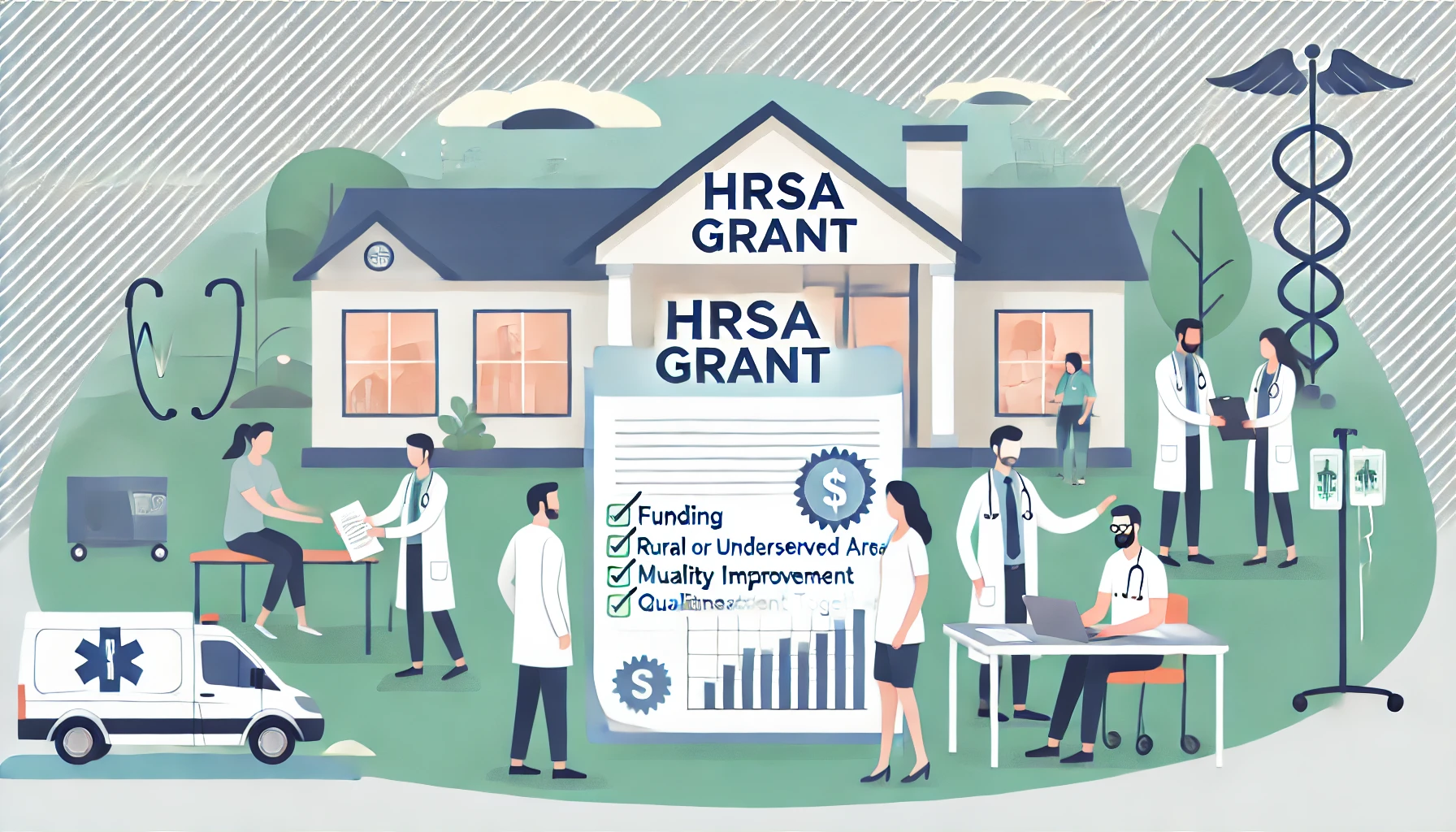
Table of Contents

Emerging AI Threats: A Top Concern in Health Tech Hazards
The ECRI's annual health tech hazards list highlights AI risks, including errors, bias, and overreliance, urging caution in healthcare applications.
Emerging AI Threats: A Top Concern in Health Tech Hazards
The Alarming Rise of AI Risks in Healthcare
Artificial intelligence (AI) is transforming nearly every sector, and healthcare is no exception. However, with great technological power comes commensurate risks. A recent article published on Healthcare IT News, titled "New risk atop ECRI's annual health tech hazards list: AI", dives into these concerns and examines how AI's integration into healthcare systems could impact safety, accuracy, and reliability. For 2024, ECRI highlighted AI-related hazards as one of the top health technology issues to watch out for, underscoring the urgency of this rapidly evolving topic.AI's Double-Edged Sword: Advancements and Risks
AI has undeniably brought numerous benefits to the healthcare ecosystem. From assisting in diagnosis and personalized treatment plans to streamlining administrative workflows, AI solutions have the potential to revolutionize patient care. However, as ECRI’s report notes, these advancements do not come without risks. AI-dependent systems may inadvertently introduce new vulnerabilities, potentially jeopardizing patient safety and data integrity. According to the report, one of the primary concerns is the risk of misdiagnoses and errors stemming from the over-reliance on or misapplication of AI tools. Algorithms, while powerful, are not immune to inaccuracies if trained on insufficient or biased data. Moreover, healthcare providers might face challenges in interpreting the "black box" nature of some AI systems, meaning they may not fully understand the rationale behind certain recommendations. ECRI's vice president of clinical excellence and safety, Marcus Schabacker, succinctly warns, "AI solutions are only as good as the data that feed them."Key Risks Identified
The ECRI report sheds light on several pressing risks associated with AI in healthcare:- Data Bias: If training data is incomplete or biased, AI tools may produce skewed results that could disadvantage certain patient populations.
- Lack of Transparency: Many AI-driven tools operate as "black boxes," making it difficult for healthcare professionals to validate or question their recommendations.
- Over-Reliance: Clinical practitioners may overly depend on AI tools, potentially overlooking red flags or critical nuances in patient care.
- Security Concerns: AI systems increase the attack surface for cybercriminals, leaving sensitive health data exposed to potential breaches.
In addition to these concerns, regulatory oversight is still playing catch-up with the rapid pace of AI innovation. This creates an environment where unvalidated or inadequately tested AI systems could be implemented in patient care settings, heightening the risk of errors or unethical practices.
Applying a Critical Lens to AI Hype
While the ECRI report paints a sobering picture, it’s important to balance the discussion by considering the opportunities AI offers and how to mitigate its risks effectively. Much of the concern revolves around the maturity and ethical application of these technologies, rather than AI itself being inherently problematic. The debate around AI in healthcare often oscillates between unwarranted optimism and undue fear—an imbalance that needs addressing. On the one hand, AI advocates argue that the implementation of rigorous standards, better oversight, and comprehensive training can iron out many of these issues. For instance, developers and healthcare institutions are increasingly embracing explainable AI (XAI) models, which provide transparency into decision-making processes. On the other hand, critics remain skeptical, emphasizing that no amount of regulation can fully capture the risks posed by AI's integration into complex healthcare systems.Alternatives Worth Exploring
To address the challenges raised by ECRI’s report, here are some alternative approaches and best practices that healthcare organizations could consider to safely unlock AI's potential:- Ethics Committees and Oversight: Establish interdisciplinary committees to evaluate the ethical implications of AI applications before deployment.
- Continuous Monitoring: Implement real-time monitoring programs to quickly identify and correct algorithmic errors in clinical settings.
- Diversity in Data: Build training datasets that reflect the diversity of patient populations, ensuring equitable and unbiased outcomes.
- User Education: Provide robust training for healthcare providers to critically evaluate AI-generated insights without becoming overly reliant.
The aim should not be to limit innovation but to foster a culture of awareness and accountability that supports safe AI implementation.
Balancing Ambition with Prudence
The rise of AI in healthcare is both exciting and fraught with challenges, as highlighted in the ECRI report. As with any groundbreaking technology, the stakes are high. While the potential for transformative advancements in care quality and efficiency exists, so too does the risk of unintended consequences. Policymakers, tech developers, and healthcare providers must adopt a cautious yet proactive approach to bridge the gap between innovation and safety. The most significant takeaway here is that AI technologies in healthcare will only be as effective as the precision, transparency, and inclusivity of their design and deployment. As Schabacker aptly puts it, “The key is to ensure these technologies are implemented thoughtfully, not blindly, so they can be a force for good rather than a source of harm.” For those interested in diving deeper into this topic, you can read the full Healthcare IT News article here. This discussion is not merely a topic for industry professionals but also vital for patients and caregivers to understand as AI's role in healthcare continues to grow. So, where do you stand? Will AI's promises outweigh its perils, or is the road ahead littered with challenges too complex to solve?
Why Every Hospital Needs a Quality and Patient Safety Program
Every hospital needs a quality and patient safety program to reduce harm, improve care, and foster a culture of accountability.
.png)
.png)

HRSA FQHC Requirements: A Comprehensive Guide for Healthcare Providers
When it comes to federally qualified health center requirements, there’s no shortage of regulations, expectations, and—depending on your perspective—opportunities.
.png)
.png)

Unlocking Funding: A Guide to Health Resources and Services Administration (HRSA) Grants
Use HRSA grants to fund external peer review programs that enhance care quality, reduce bias, and support compliance in health centers.
.png)
.png)



.png)
.png)
.png)






.png)